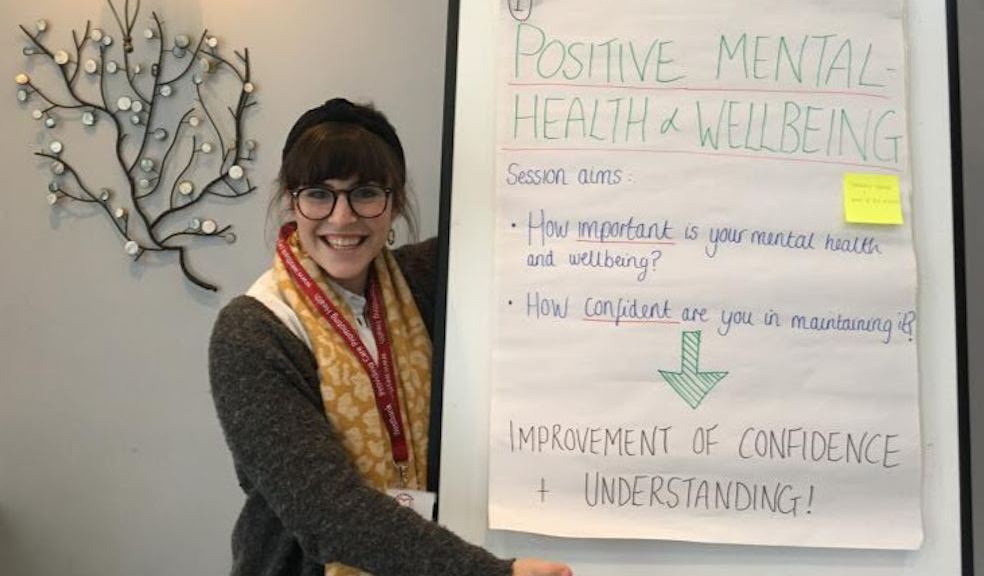
Healthier Devon programme shows small lifestyle improvements make a big difference to those at risk of Type 2 Diabetes
Healthier Devon programme shows small lifestyle improvements make a big difference to those at risk of Type 2 Diabetes - and big savings for the NHS
People at high risk of Type 2 Diabetes who make small changes in their everyday habits over up to two years are much less likely to develop the disease, according to a project run by the Devon charity Westbank Community Health and Care.
Westbank’s Healthier Devon Diabetes Prevention Programme supports adults aged 18-90 years who want to improve their overall health and fitness. Many are patients referred by a GP or clinician because they are at high risk of developing Type 2 Diabetes - a serious, debilitating and often lifelong condition. Individuals can also self refer.
Nearly 4 million people in the UK have Type 2 Diabetes, where the insulin your pancreas produces can’t work properly, or your pancreas fails to produce enough insulin. This means your blood glucose (sugar) levels keep rising. Without treatment, these high sugar levels can lead to serious complications, including damage to the eyes, heart and feet.
People who eat unhealthily and are overweight or inactive have a much greater risk of developing Type 2. By changing their dietary and exercise habits, and maintaining a healthier lifestyle by managing issues like stress or anxiety, Healthier Devon has shown the onset of Type 2 can be prevented - with knock-on benefits for the NHS. www.diabetes.co.uk/cost-of-diabetes.html
Participants have also reported feeling healthier, eating better, enjoying being more active, weight loss, improved mood, better sleep and feeling more informed about the choices they make.
2,064 people have been registered on the Healthier Devon course since November 2018. A team of wellbeing facilitators offer two years of guidance and support through a variety of means, including regular online or telephone sessions and peer activities. Before the COVID lockdowns, the sessions were mostly delivered face-to-face but the new delivery methods have proved to be just as effective in helping people to achieve their health and fitness goals (see case studies below).
Lead Wellbeing Facilitator Stuart Lord says, “We offer a behaviour change process that works. Everyone is different and our approach with each person is different. Modern living, ageing and also misconceptions about what’s healthy can lead to being at risk, even if people are not overweight. We offer advice and support to encourage people to review habits, eat more healthily, increase their physical activity generally and address mental health issues like stress and anxiety. It’s finding what works for them. Small changes can make a huge difference to people’s health and happiness and, ultimately, stop them getting Type 2 Diabetes and all that entails.”
Healthier Devon is commissioned by Devon County Council and is run alongside a national programme, commissioned by the NHS. Devon residents who want to reduce their risk of getting diabetes can self refer and have until the end of June to register for the Devon programme.
Westbank’s Amanda Kohn, who manages the programme, says: “People have a matter of weeks now to take up a place with Healthier Devon because we’re only contracted to take referrals until the end of June. Anyone who is referred or refers themself and who is assessed as at risk before 30 June will be supported for the full 2-year duration of the programme by our Devon-based health facilitators with local knowledge.”
For more information or to register interest call 03033 000 181 or email westbank.healthierdevon1@nhs.net












